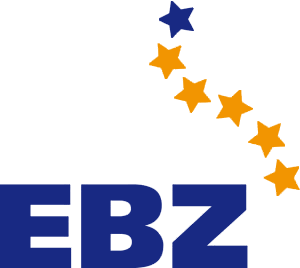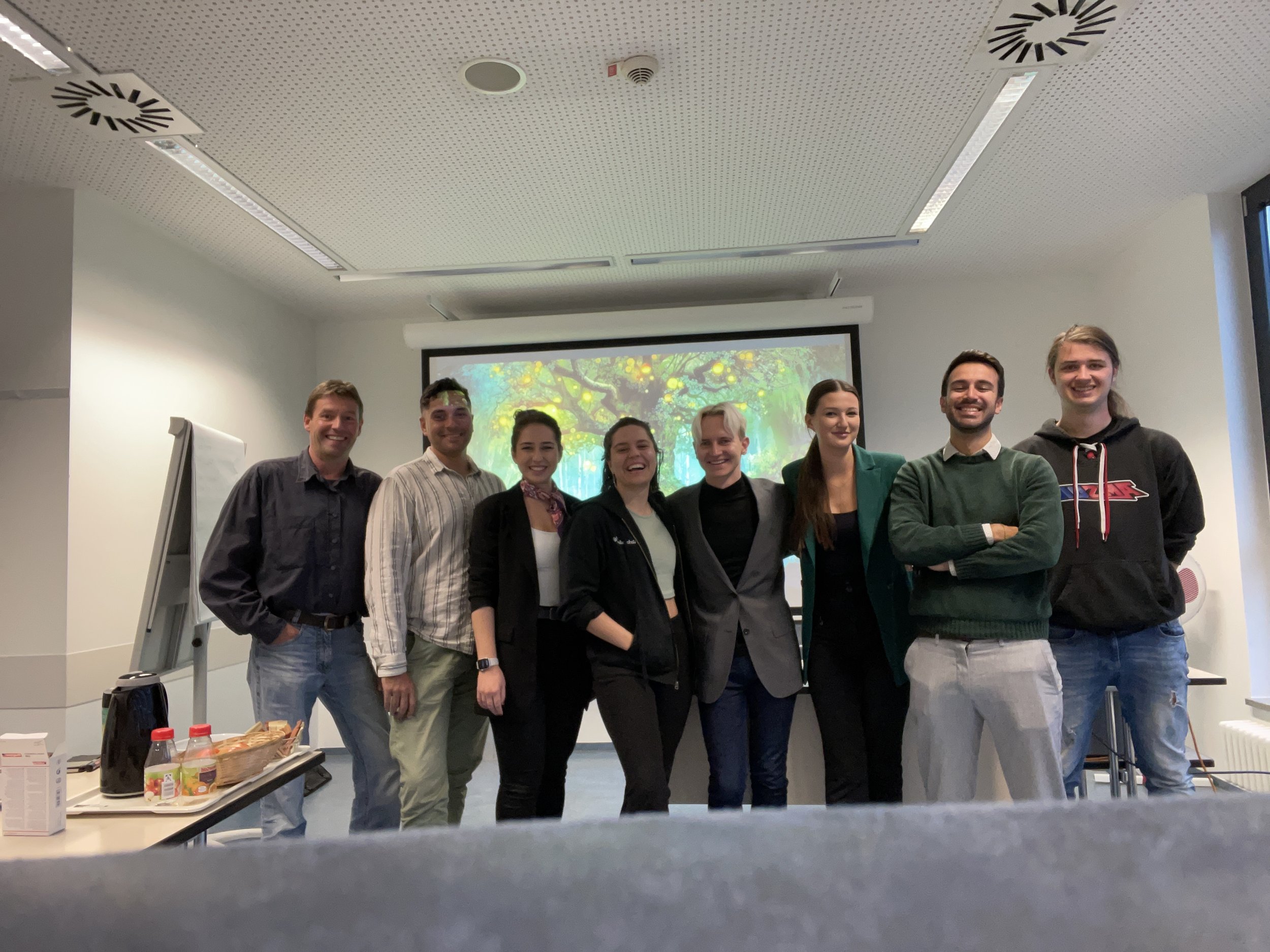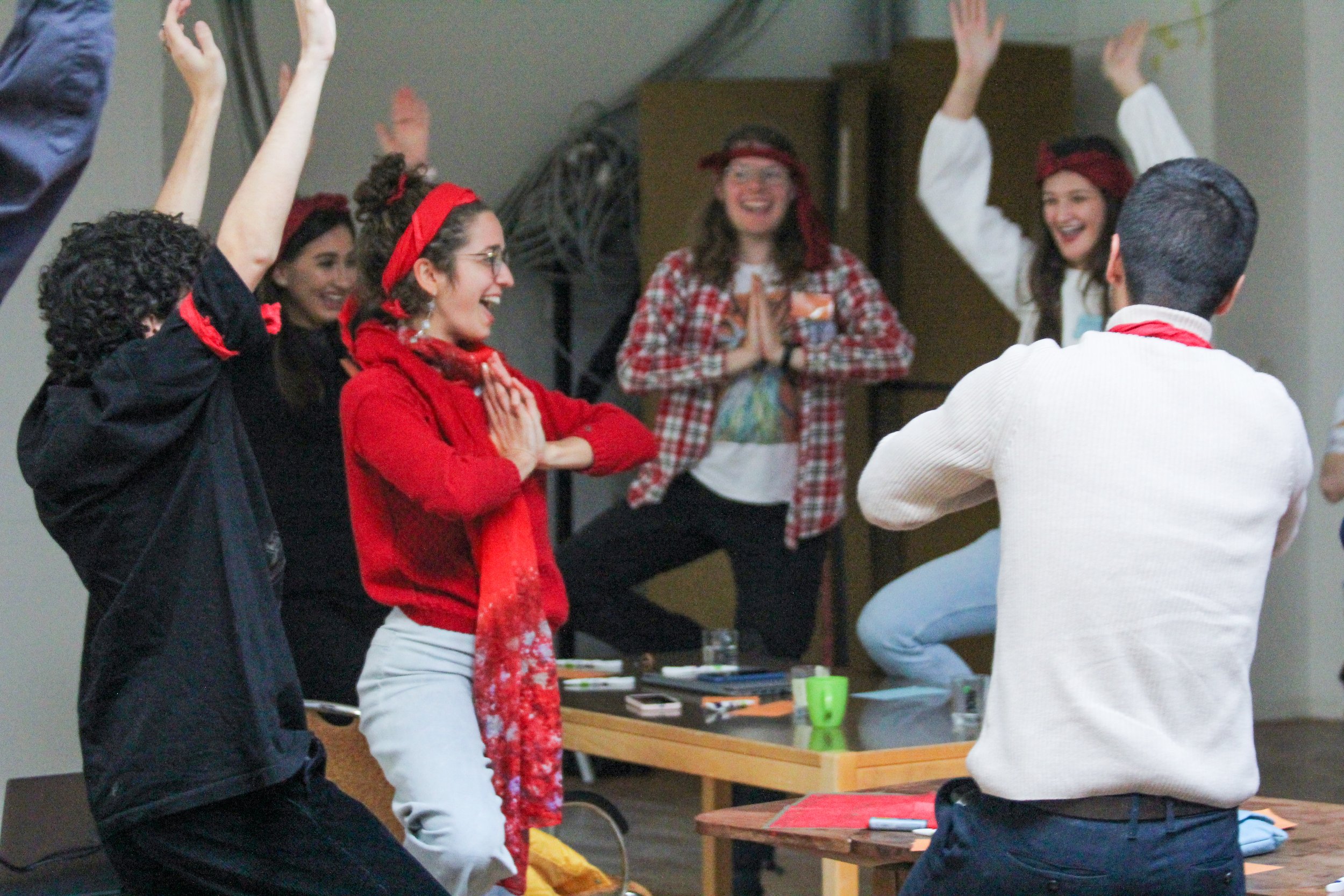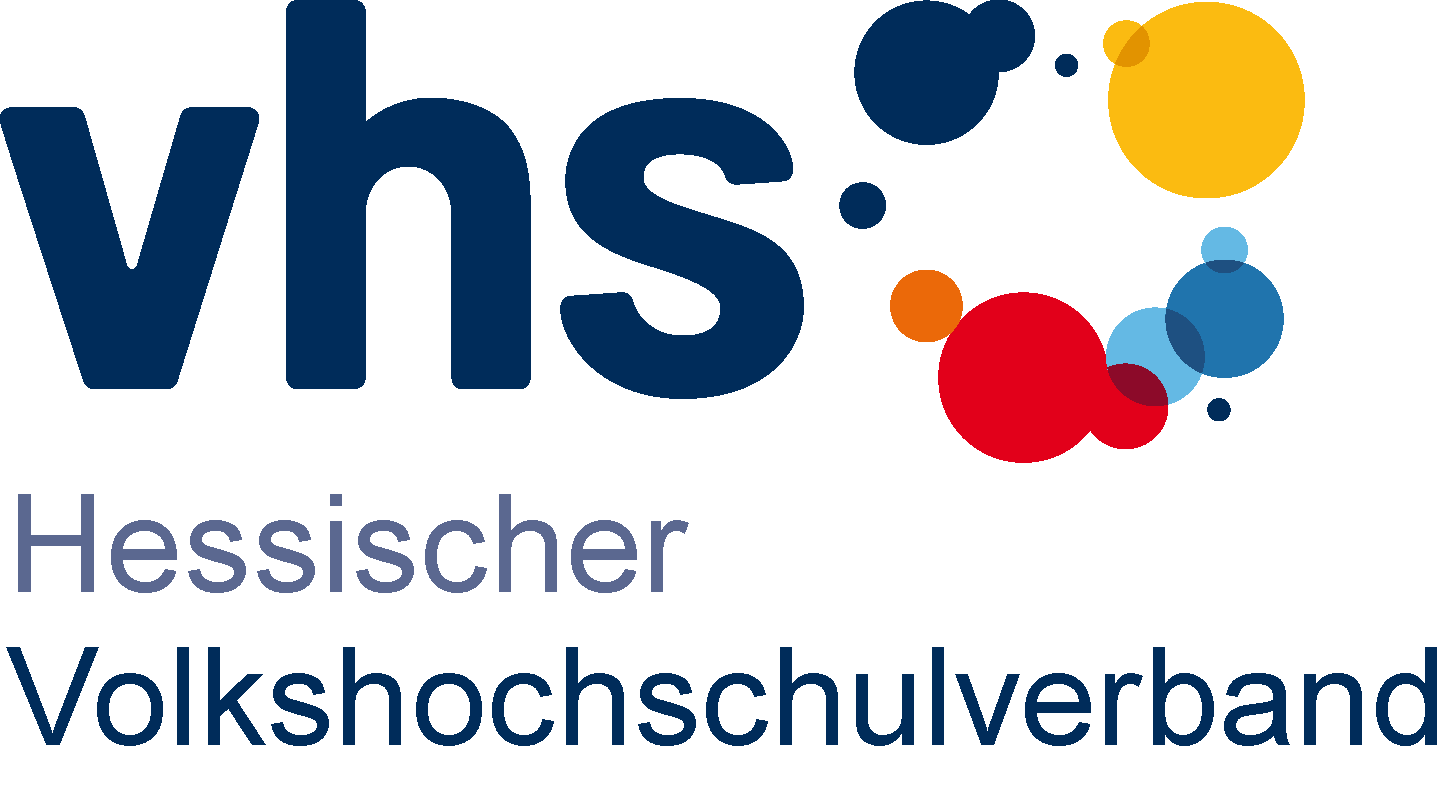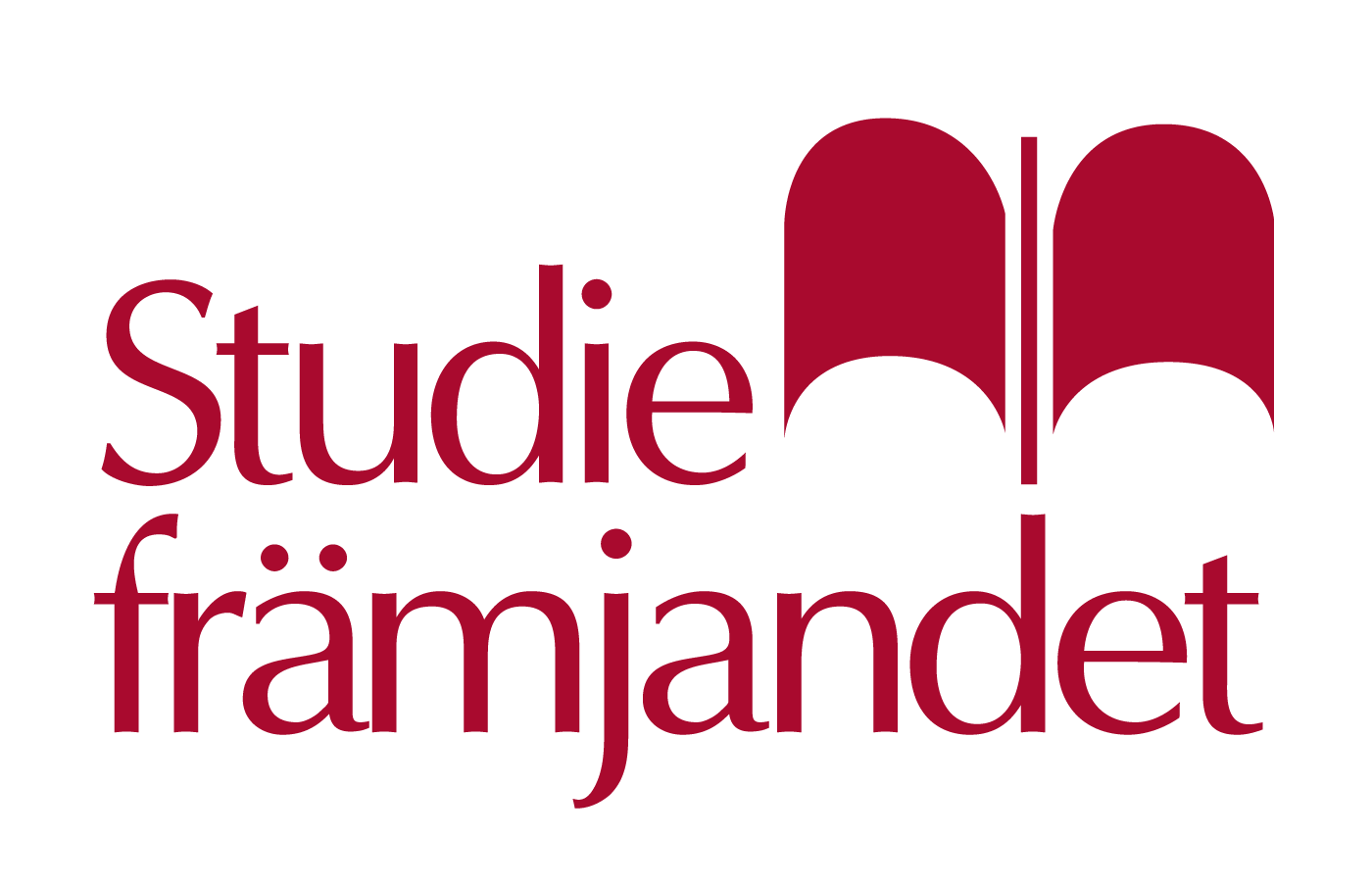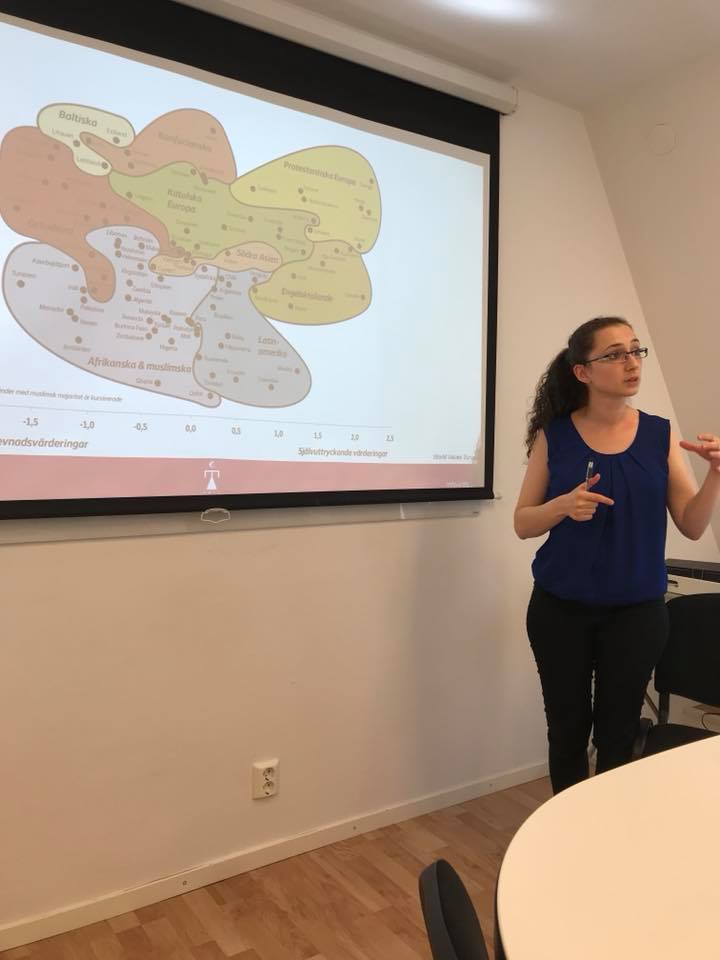Projekt DIS-PLAY
Die sozialen Medien sind heutzutage mit Fake News, politischer Propaganda, gefälschten/manipulierten/gesponserten Inhalten, tiefgreifenden Fälschungen und anderen Arten von Desinformation durchseucht, die mit dem technologischen Fortschritt immer weiter zunehmen. Die Jugend von heute lebt in einer Welt vielfältiger sozialer Medien, die dicht mit Desinformation gesättigt ist. Insbesondere beim Konsum von Informationen in den sozialen Medien benötigen sie Medienkompetenz (Media Literacy - ML), um zu erkennen, welchen Informationen sie vertrauen können.
Dieses Projekt zielt darauf ab, Jugendbetreuer:innen pädagogisch mit Methoden und Werkzeugen auszustatten, um die ML-Fähigkeiten von Jugendlichen zu verbessern und letztendlich Desinformation in sozialen Medien zu reduzieren. Zu diesen ML-Fähigkeiten gehören das Erkennen verschiedenen Arten von Desinformation und der dahinter stehenden Absichten, der verantwortungsvolle Umgang mit Desinformation in den sozialen Medien und das Melden von Desinformation im Rahmen der demokratischen Teilhabe und der gesellschaftlichen Verantwortung.
Um dies zu erreichen, erstellt DIS-PLAY ein Toolkit, mit dem Pädagogen das Thema Desinformation mittels Live Action Role Play (LARP) behandeln können. Dieser neuartige Ansatz in der Bildung kommt den Bedürfnissen und Wünschen junger Erwachsener durch die hohe Beteiligung der Lernenden und den großen Spielraum für Kreativität sehr entgegen.
Project DIS-PLAY
Social media of today are flourishing with fake news, political propaganda, fabricated / manipulated / sponsored content, deep fakes and other types of disinformation that are still emerging following technological progress. The youth of today live in the world of diverse social media, densely saturated with disinformation. Particularly when consuming information on social media, they require Media Literacy skills to be able to tell what they can trust.
This project aims at pedagogically equipping youth workers with methods and tools for increasing ML skills of youth to ultimately reduce disinformation on social media. These ML skills will include identifying disinformation, its different types and intentions behind it, reacting to social media disinformation responsibly, and reporting it with regards to these being one’s democratic participation and civic duty.
To achive this, DIS-PLAY creates a toolkit educators can use to adress the topic of disinformation via Live Action Role Play (LARP). This novel approach in education perfectly aligns with the needs and wishes young adults have through high learner involvement and much room for creativity.
Transnationales Arbeitstreffen in Huelva im Mai 2023
Das dritte internationale Treffen des ErasmusPlus-Projekts DIS-PLAY fand am dritten und vierten Mai 2023 im sonnigen Huelva in Spanien statt. Zum ersten Mal seit der Learning Teaching Activity im Oktober letzten Jahres hatten die Partnerorganisationen hier wieder die Möglichkeit, sich persönlich auszutauschen und die nächsten Schritte zu besprechen.
Neben den organisatorischen Aspekten stand vor allem die Entwicklung des dritten Projektziels im Vordergrund: Als Digital Novel soll die DIS-PLAY App Nutzenden die Möglichkeit geben, selbst kurze Szenarien rund um den Komplex Online-Desinformation durchzuspielen. Dabei wirkt sich jede getroffene Entscheidung auf den finalen Ausgang des Spiels aus, und überträgt so die Flexibilität des Rollenspiels in unsere mobilen Geräte. Außerdem wurden erste Planungsschritte hin zur großen Abschlusskonferenz im Januar 2024 in Schweden unternommen, bei der die Ergebnisse des Projekts vorgestellt werden.
Komplementiert wurde das Programm durch eine Erkundung des alten Arbeiterviertels in Huelva, einer Stadtführung und kulinarischen Ausflügen in die spanische Tapaskultur. So wurde im äußersten Winkel Europas ein wichtiger Fortschritt in dem Projekt erreicht, dessen Anspruch nicht weniger als die Bekämpfung von Falschinformation auf dem gesamten Kontinent ist.
Transnational working meeting in Huelva in May 2023
The third international meeting of the ErasmusPlus project DIS-PLAY took place on the third and fourth of May 2023 in sunny Huelva, Spain. For the first time since the Learning Teaching Activity in October last year, the partner organizations had the opportunity to once more exchange ideas in person and to discuss the next steps.
In addition to the organizational aspects, the development of the third project goal was in the foreground: As a digital novel, the DIS-PLAY app should give users the opportunity to play through short scenarios around the complex of online disinformation. Every decision made affects the final outcome of the game, thus transferring the flexibility of the role-playing game to our mobile devices. Initial planning steps were also taken towards the big final conference in January 2024 in Sweden, where the results of the project will be presented.
The program was complemented by an exploration of the old working-class district in Huelva, a guided tour of the city, and culinary excursions into Spanish tapas culture. Thus, in the farthest corner of Europe, an important advance was made in the project, whose ambition is nothing less than to combat misinformation throughout the continent.
Pilot Activity in Frankfurt
Verwinkelte, dunkle Gänge, Wendeltreppen und improvisierte Großraumbüros – es fällt nicht schwer, sich das Atelierfrankfurt als eine echte Trollfabrik vorzustellen. Am 13. April 2023 haben die Teilnehmenden des DIS-PLAY Bildungstags den letzten Teil dazugegeben, in dem sie in den Rollen von grummeligen Trollen Desinformation entworfen und verbreitet haben…
Bei der Pilot Test Activity ging es darum, die bisherigen Ergebnisse des ErasmusPlus-Projekts DIS-PLAY einmal „in der Wildnis“ durchzuspielen, also mit einer diversen Gruppe aus (jungen) Erwachsenen, um Feedback für die weitere Entwicklung zu sammeln. Und tatsächlich, eine besser aufgestellte Gruppe hätten wir uns nicht wünschen können: Zwölf Teilnehmende mit unterschiedlichsten Hintergründen kamen zusammen, einige sogar ohne jegliche Rollenspielerfahrung.
Nach ein paar Erklärungen zum Thema Live Action Role Play und Desinformation starteten die Teilnehmenden mit Übungen, wie sie auch im Improtheater üblich sind, um den Körper locker zu machen, Spontanität anzufachen und sich in verschiedene Informationen hineinzuversetzen. Danach lebte die Gruppe sich in die imaginäre Welt der Fabelwesen ein, indem jeder seinen eigenen Troll-Charakter erstellte. Schon war alles bereit, um den Seminarraum in ein Büro der Firma Trolls For Us zu verwandeln. In kleinen Teams wurden fleißig Hassbotschaften und Falschmeldungen erstellt, und wie Trolle ebenso sind, auch ordentlich untereinander gestichelt, gestohlen, verpetzt und angekreidet.
Selbstverständlich ging es dabei darum, den Prozess und die Motivation hinter Fake News und Hoaxes zu durchschauen. In einer zweiten Runde wurde das stinkende Troll-Büro in die glitzernde Welt der Feen transportiert, die ihr Bestes geben, die Menschen vor dem schädlichen Material der Trolle zu schützen. Dass dabei auch auf bestimmte Fallstricke zu achten ist, konnten die Teilnehmenden am eigenen Leib erfahren. Sowohl die Teilnehmenden als auch die Leitung haben die Möglichkeit, die eigene Haut für ein paar Stunden mit der eines Fabelwesens zu tauschen, genossen und durften so viel ausprobieren.
In einer abschließenden Reflektionsrunde wurden sowohl über Erfahrungen in dem Spiel als auch Vorschläge zum Inhalt und Konzept gesprochen, sodass wir einige wertvolle Erkenntnisse für das Projekt gewinnen konnten.
Pilot Activity in Frankfurt
Twisting, dark corridors, spiral staircases and improvised open-plan offices - it is not difficult to imagine Atelierfrankfurt in Germany as a real troll factory. On 13 April 2023, the participants of the DIS-PLAY education day added the final part, in which they designed and spread disinformation in the roles of grumpy trolls...
The Pilot Test Activity was about testing the results of the ErasmusPlus project DIS-PLAY "in the wild", i.e. with a diverse group of (young) adults, in order to collect feedback for further development. And indeed, we couldn't have wished for a better group: Twelve participants with different backgrounds came together, some even without any role-playing experience.
After a few explanations about Live Action Role Play and Disinformation, the participants started with exercises that are also common in improvised theatre to loosen up the body, ignite spontaneity and put themselves into different information. Afterwards, the group settled into the imaginary world of mythical creatures by each creating their own troll character. Everything was ready to transform the seminar room into an office of Trolls For Us. In small teams, hate messages and false reports were diligently created, and as trolls are, also properly teased, stole, snitched on and chalked up to each other.
Of course, the aim was to see through the process and motivation behind fake news and hoaxes. In a second round, the stinking troll office was transported to the glittering world of fairies who do their best to protect people from the trolls' harmful material. The participants were able to experience for themselves that there are certain pitfalls to watch out for. Both the participants and the leadership enjoyed the opportunity to swap their own skin with that of a mythical creature for a few hours and were allowed to try out so many things.
In a final reflection round, we talked about experiences in the game as well as suggestions for the content and concept, so that we were able to gain some valuable insights for the project.
Auftakttreffen ERASMUS+ Projekt DIS-PLAY am 30.&31. März 2023 in Bukarest
Was ist Wahrheit? Diese philosophisch anmutende Frage findet im Alltag des Internets mehr und mehr konkrete Anwendung. Falschinformation als solche zu erkennen, gehört zu den wichtigsten Kompetenzen, die im Umgang mit sozialen Medien benötigt werden. Besonders junge Menschen sehen sich andauernd mit Fake News, Hassrede und Manipulation im Internet konfrontiert. Die Fähigkeit zur kritischen Mediennutzung (Media Literacy) stellt eine wichtige zu erwerbende Kompetenz dar.
Ziel des Projekts DIS-PLAY ist es, Bildungsorganisationen mit einem Toolkit zur Schaffung von Media Literacy unter Jugendlichen und jungen Erwachsenen auszustatten, und sie bei der Arbeit in diesem Bereich zu stärken. Das Toolkit enthält sowohl theoretische Hintergrundinformationen, als auch Inhalte, die konkret bei Gruppeneinheiten genutzt werden können.
Zusammen mit Partnerorganisationen aus Rumänien, Schweden und Spanien fand am 30. und 31. März 2022 das erste Treffen im Erasmus+ Projekt DIS-PLAY statt. Bei dem Auftaktreffen in Bukarest wurde der Zeitplan für das Projekt beschlossen, der unter anderem einen Pilottest der entwickelten Szenarien in Frankfurt am Main im Oktober 2022 beinhaltet.
Bis Anfang 2024 sollen eine Handreichung und vielfältiges Material erarbeitet werden, die neben einem Guide zur Sensibilisierung der sogenannten ‚Generation Z‘ für Desinformation auch zwei Lehr-Lernmethoden enthält, die für junge Menschen besonders ansprechend sind: Eine Smartphone-App zum Üben des Umgangs mit Falschinformation sowie fünf Live Action Role Play (LARP) Szenarien, die unter Beteiligung aller Teilnehmenden dazu anregen, die eigene Media Literacy zu verbessern. Bildungsorganisationen können diese Projektergebnisse nutzen, um selbst LARPs zum Thema Falschinformation durchzuführen, und werden gleichzeitig in ihrer eigenen Arbeit im Bereich Media Literacy unterstützt.
Kickoff-Meeting ERASMUS+ Project DIS-PLAY on the 30.&31. of March 2023 in Bucharest
What is truth? This seemingly philosophical question is finding more and more concrete application in everyday life on the Internet. Recognizing false information as such is one of the most important skills needed when dealing with social media. Young people in particular are constantly confronted with fake news, hate speech and manipulation on the Internet. The ability to use media critically (media literacy) is an important competence to be acquired.
The aim of the DIS-PLAY project is to provide educational organizations with a toolkit for creating media literacy among youth and young adults, and to strengthen them in their work in this area. The toolkit contains both theoretical background information and content that can be used concretely in group sessions.
Together with partner organizations from Romania, Sweden and Spain, the first meeting in the Erasmus+ project DIS-PLAY took place on March 30-31, 2022. At the kick-off meeting in Bucharest, the timeline for the project was decided, including a pilot test of the developed scenarios in Frankfurt am Main in October 2022.
By the beginning of 2024, a handout and a variety of material are to be developed, including a guide to raise awareness of disinformation among the so-called 'Generation Z' and two teaching-learning methods that are particularly appealing to young people: A smartphone app for practicing how to deal with misinformation and five Live Action Role Play (LARP) scenarios that, with the participation of all participants, encourage them to improve their own media literacy. Educational organizations can use these project results to conduct their own LARPs on the topic of misinformation, and are simultaneously supported in their own work in the area of media literacy.
Learning Activity und Arbeitstreffen in Frankfurt
In der Woche vom 10. bis zum 14. Oktober 2022 wurden in Frankfurt am Main unter der Leitung des hvv und der Unterstützung durch die vhs Frankfurt die ersten Projektentwicklungen von DIS-PLAY getestet, ausgewertet und weiterentwickelt.
Beteiligte der Lernwoche waren die Projektpartner aus verschiedenen Organisationen sowie Jugendliche aus allen vier Partnerländern. Diese pilotierten die entwickelten LARP-Lernszenarien in Frankfurt. In der alten Seilerei als Drittem Lernort wurde die Gruppe unter der Leitung von LajvVerkstaden in die Welt des Live Action Role Play (LARP) eingeführt und konnte mehrere Szenarien an drei Tagen ausprobieren. Diskutiert wurden unter anderem Themen wie Geschichtsverleugnung, das Selbstbild in Sozialen Medien und Falschinformationen im Netz. Abschließend wurden aus der Zielgruppe tiefgreifendes Feedback und neue Ideen für die Projektweiterentwicklung gesammelt. An einem offenen Abend bestand für Interessierte die Möglichkeit, das Projekt und die Partner näher kennenzulernen.
In einem anschließenden Arbeitstreffen evaluierten die Projektpartner die Erkenntnisse aus der Learning Activity. Zudem wurden die nächsten Projektziele, inklusive Kommunikation nach außen, weitere Testläufe und wissenschaftliche Grundlagen der Methoden besprochen.
Learning Activity and Project Meeting in Frankfurt
In the week from October 10 to 14, 2022, the first project developments of DIS-PLAY were tested, evaluated and further developed in Frankfurt am Main under the leadership of the hvv and the support of the vhs Frankfurt.
Participants of the learning week were the project partners from different organizations as well as young people from all four partner countries. They piloted the developed LARP learning scenarios in Frankfurt. In the old rope factory as a third learning location, the group was introduced to the world of Live Action Role Play (LARP) under the leadership of LajvVerkstaden and was able to try out several scenarios over three days. Topics discussed included denial of history, self-image in social media, and misinformation on the web. Finally, profound feedback and new ideas for further project development were collected from the target group. An open evening gave interested parties the opportunity to get to know the project and the partners better.
In a subsequent working meeting, the project partners evaluated the findings from the Learning Activity. In addition, the next project goals, including external communication, further test runs and the scientific basis of the methods were discussed.
Partner organizations
Project Cultural diversity: Practices of parental education
Ref.Nr.: 2016-1-AT01-KA204-016763
Erasmus + KA2: Strategic Partnership2016-2018
About the project
Today Europe and the European Union are confronted with worldwide streams of refugees and crises in their homelands. In particular refugees from Afghanistan, Syria, Iran and Iraq take their way through Turkey on the "Balkan route" to Europe. In the year 2015 most of the refugees wanted to go to Germany, Sweden and Austria. This is the reason why we have chosen partner organisations from those 4 countries in order to work on solutions together.
Migrants, refugees and asylum seekers do not have the same possibilities like people living in European countries. Some people never went to school or did it only for a short time; there are big gaps in the level of education.
Project's results platform of the Erasmus+:
Join us on Facebook: https://www.facebook.com/groups/650265208510962/
Find out more about the Erasmus+ programme:
Organizations

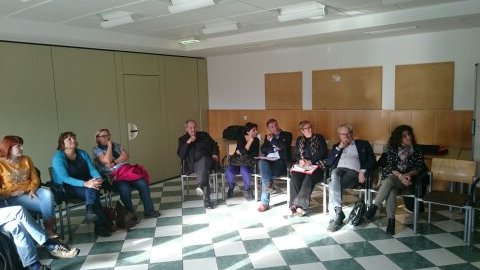
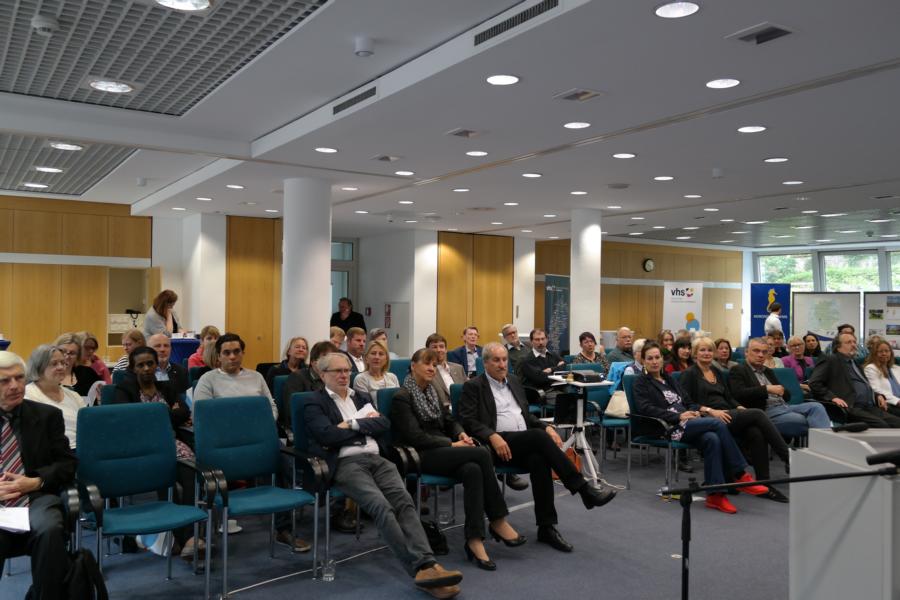

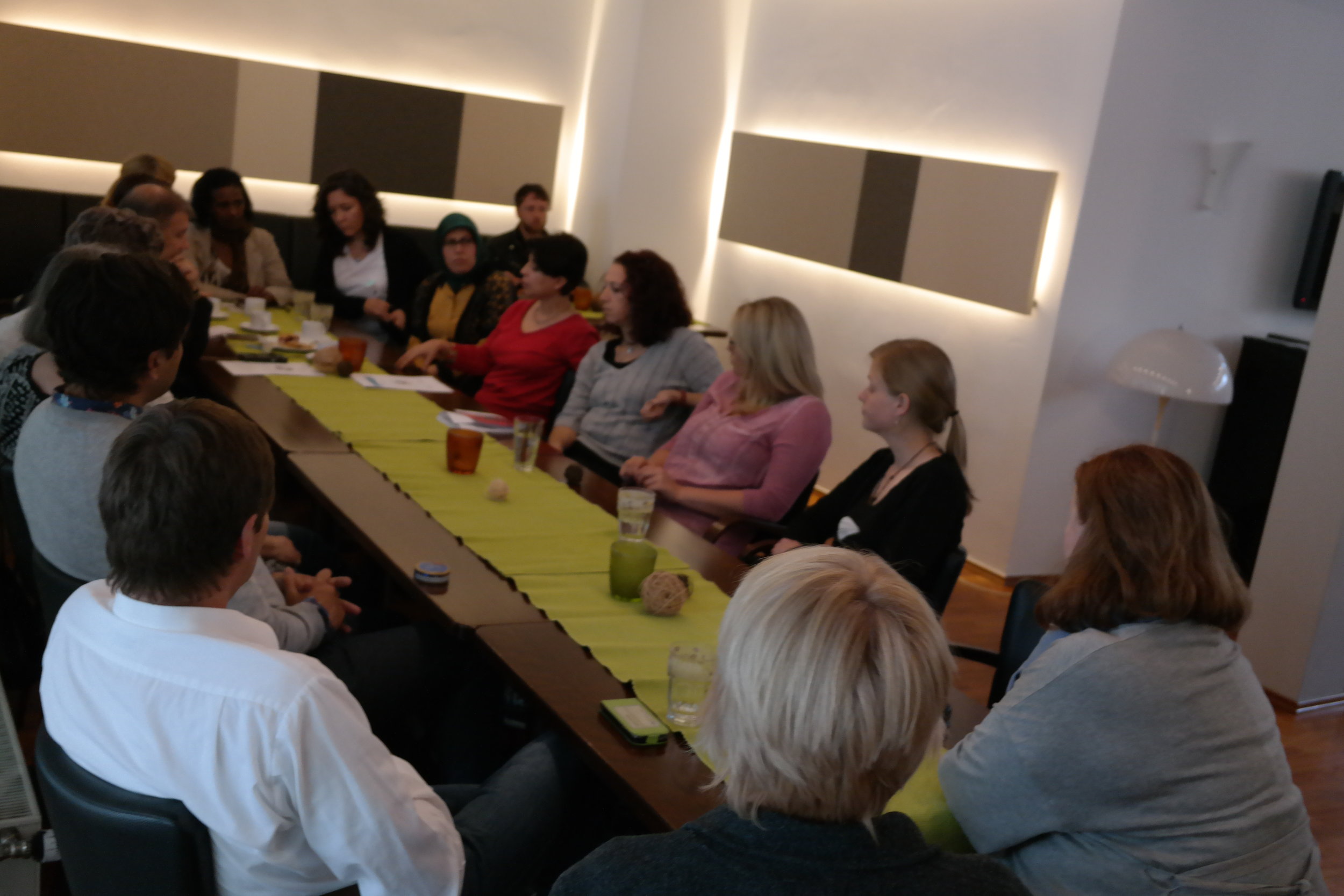
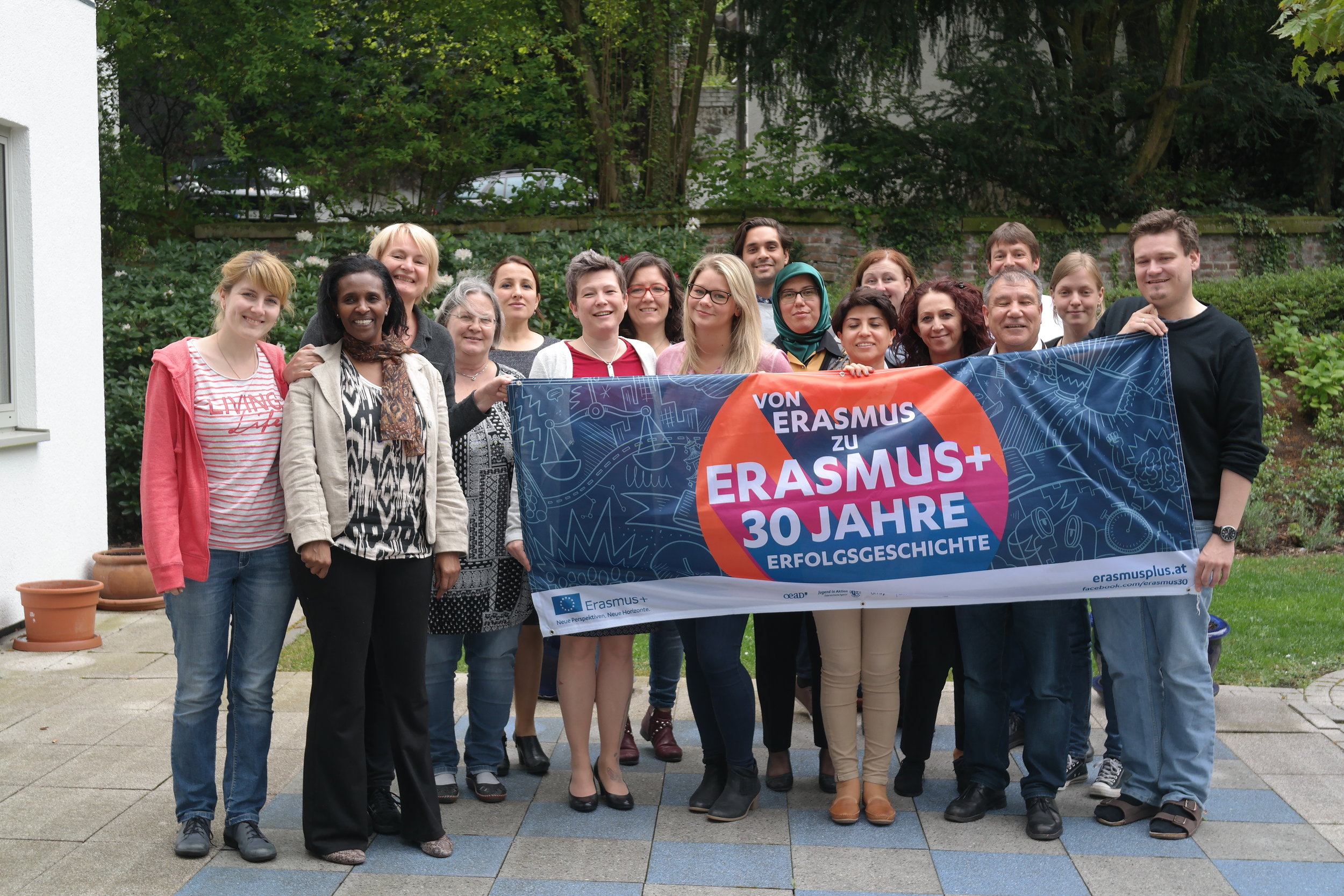
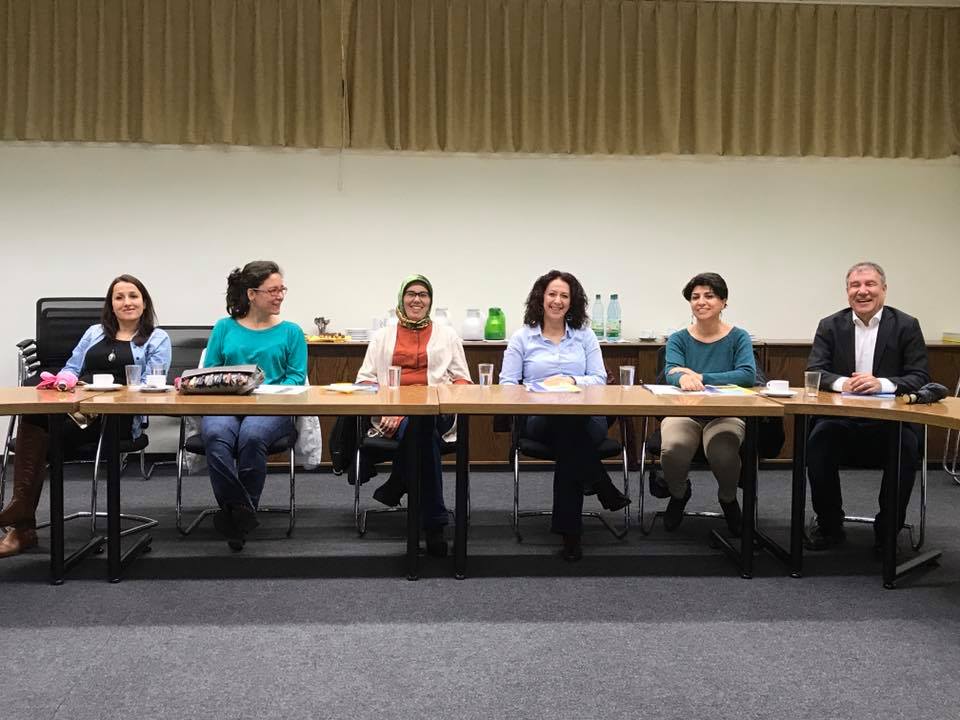
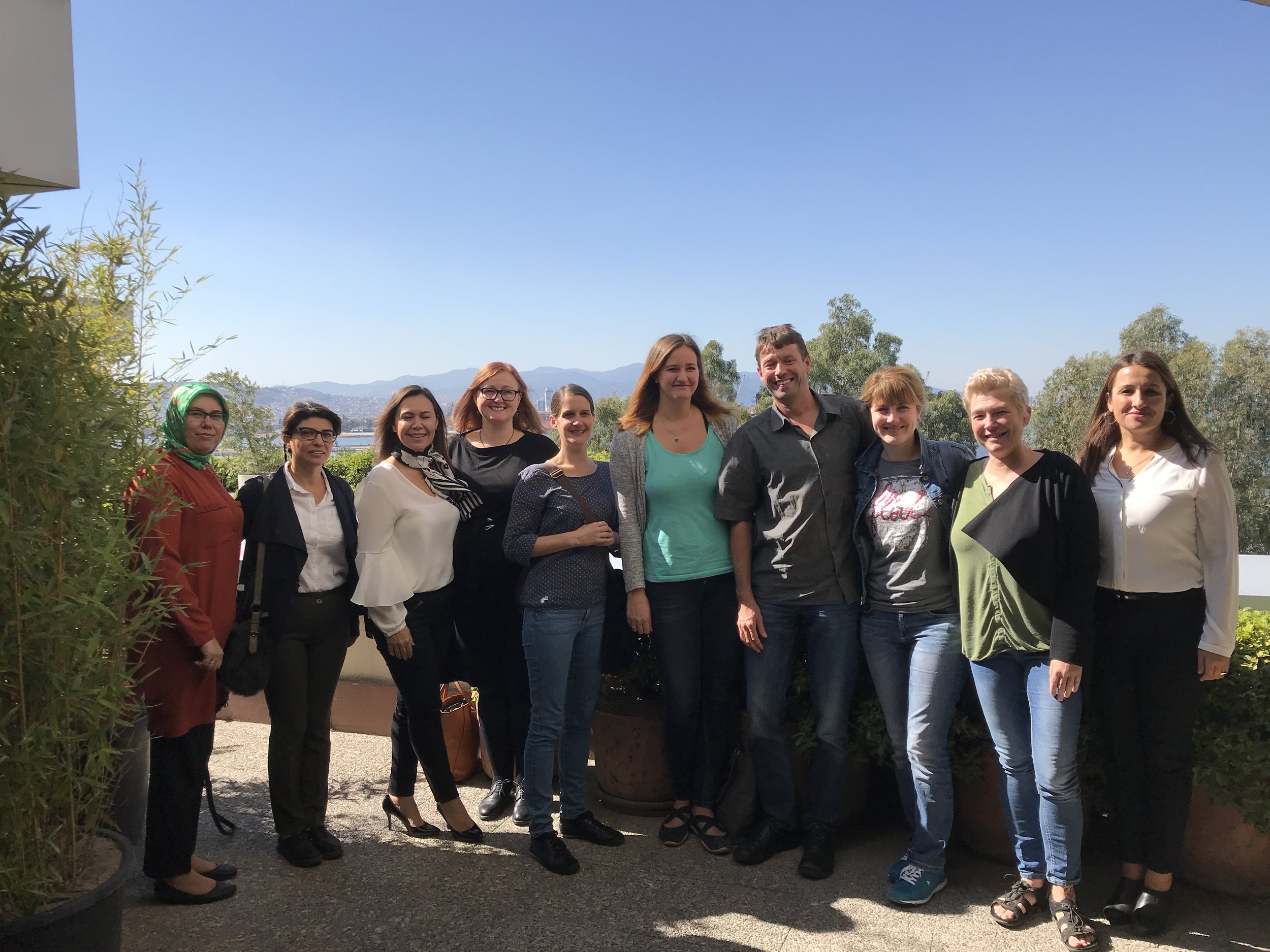
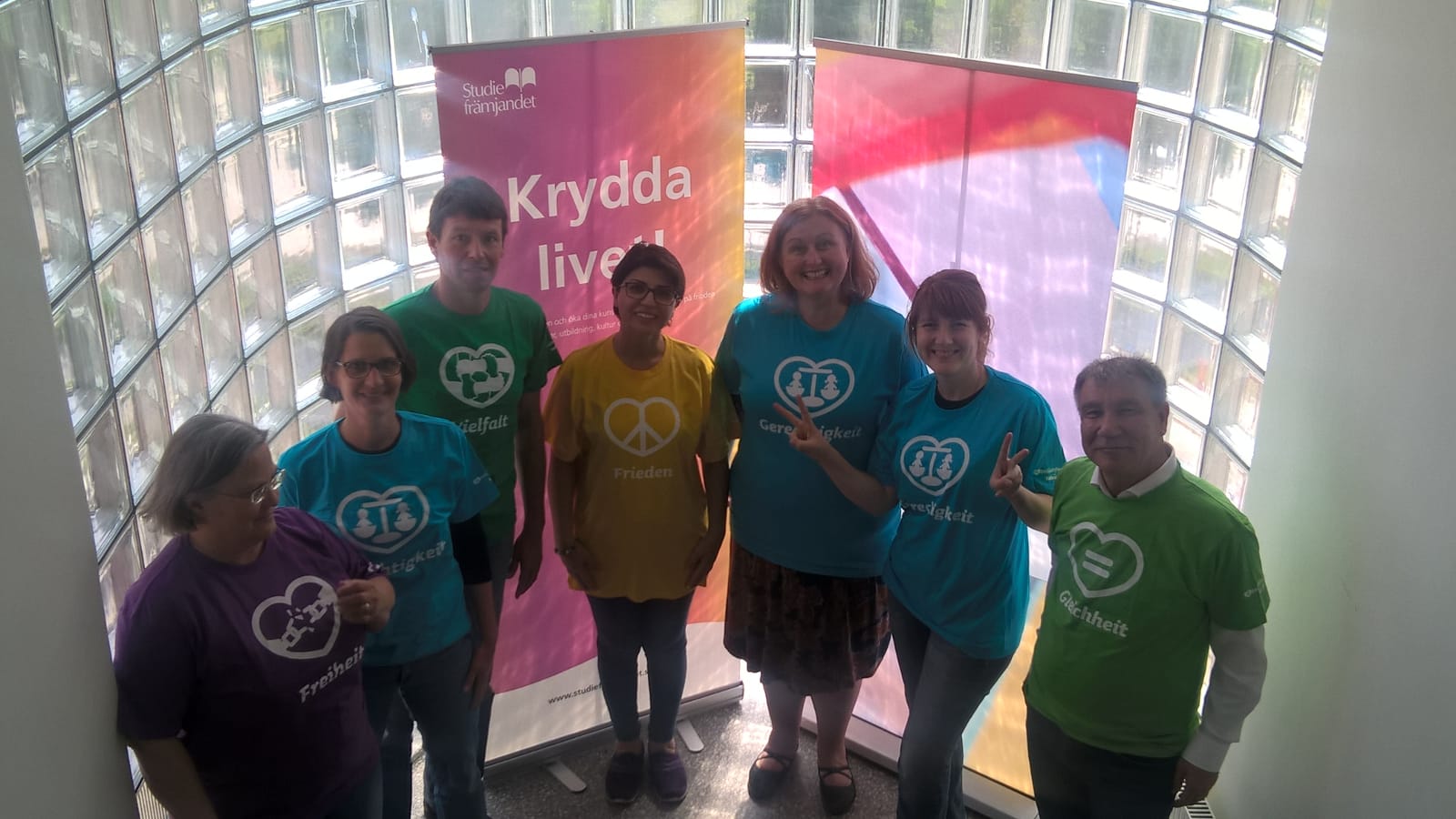
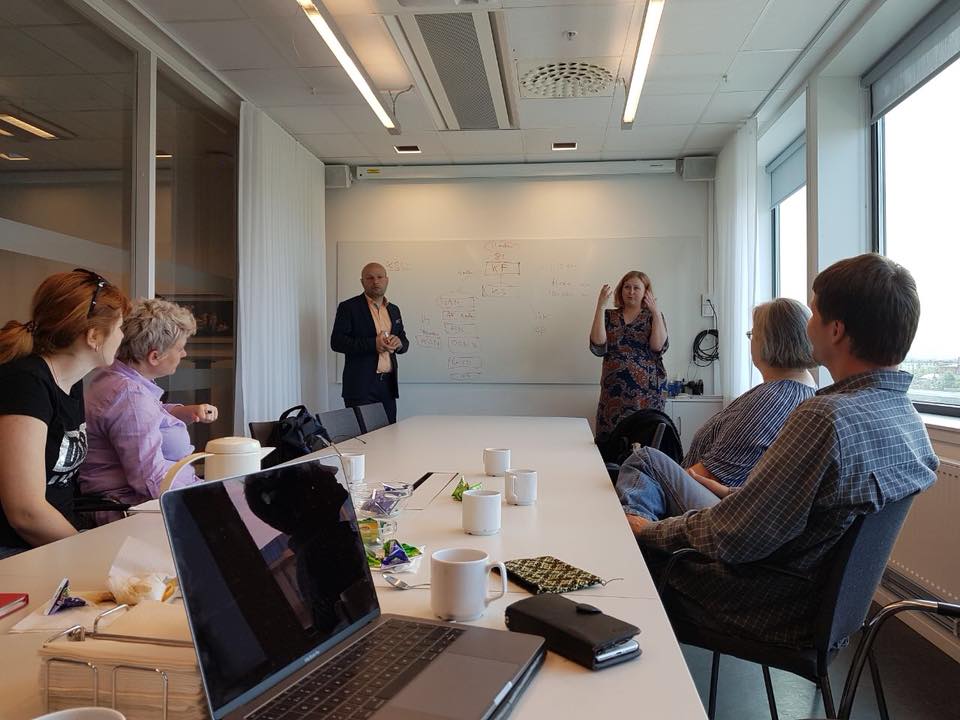
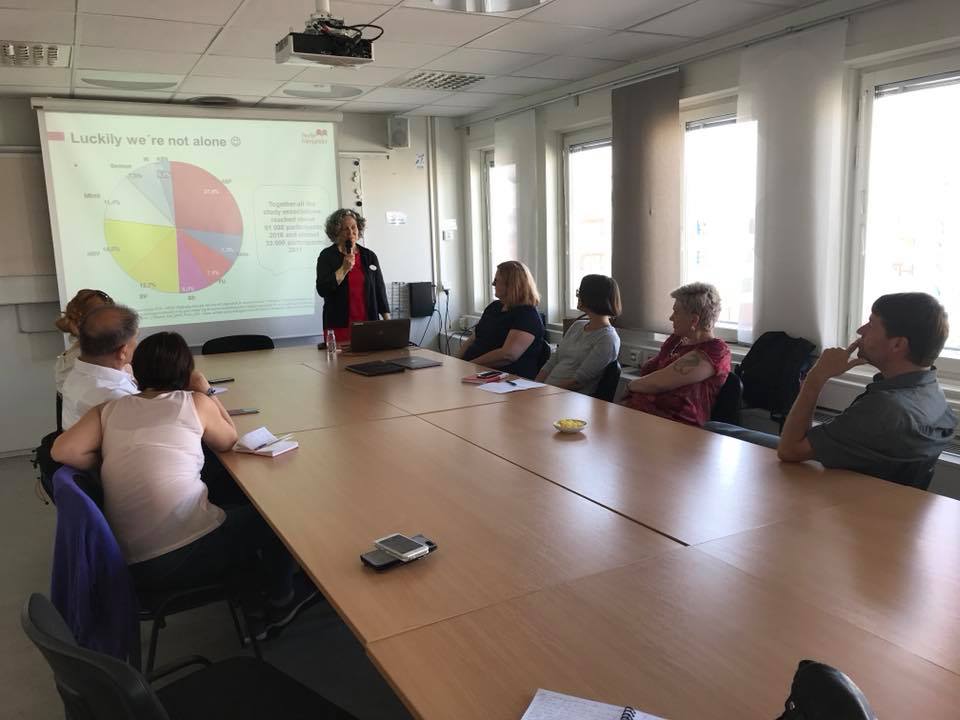
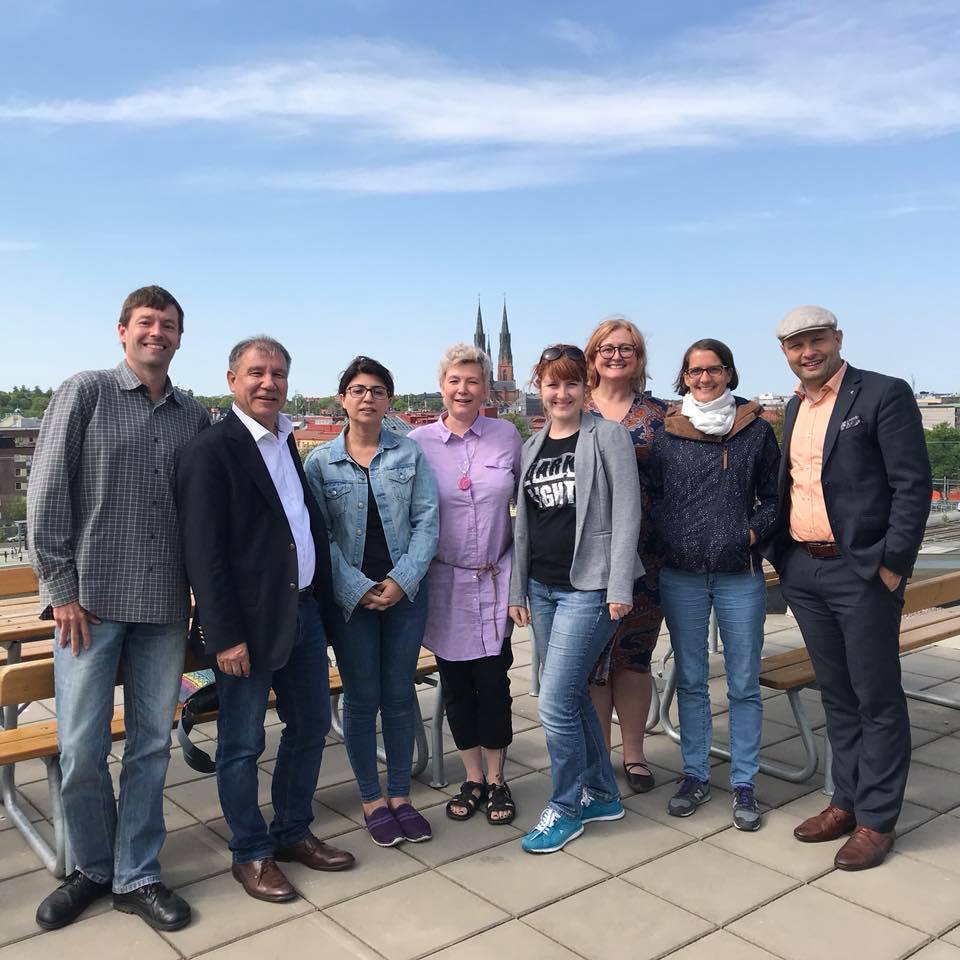
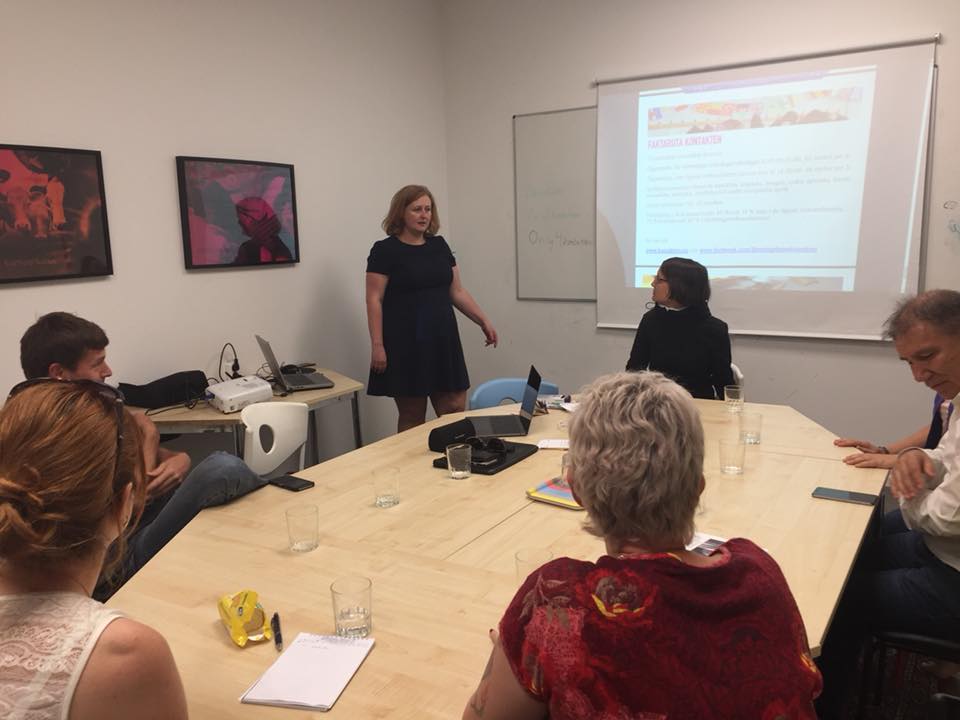
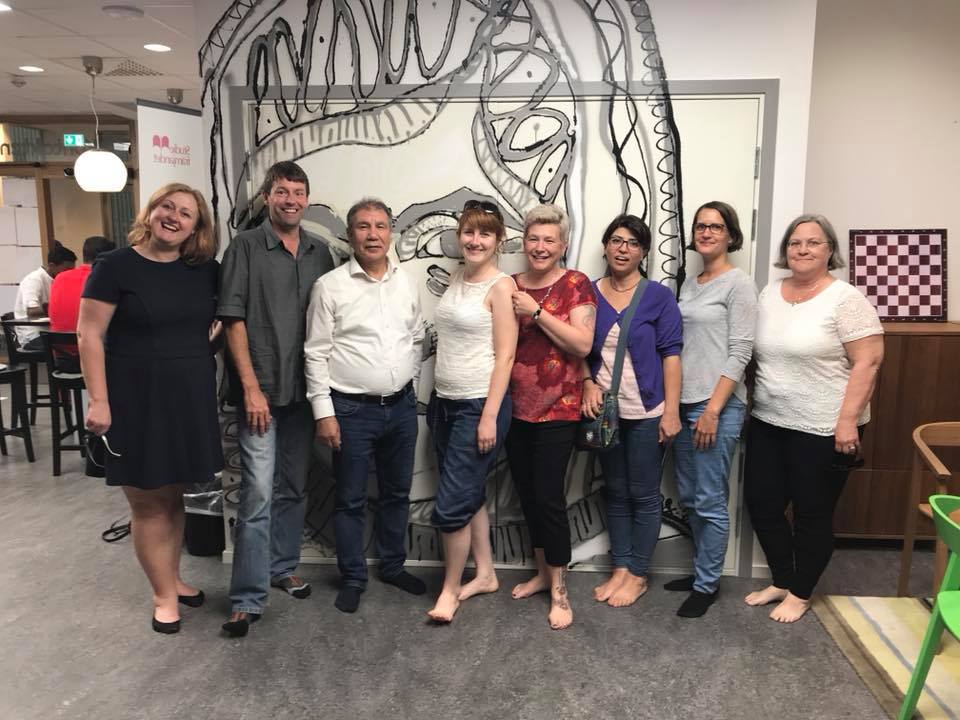
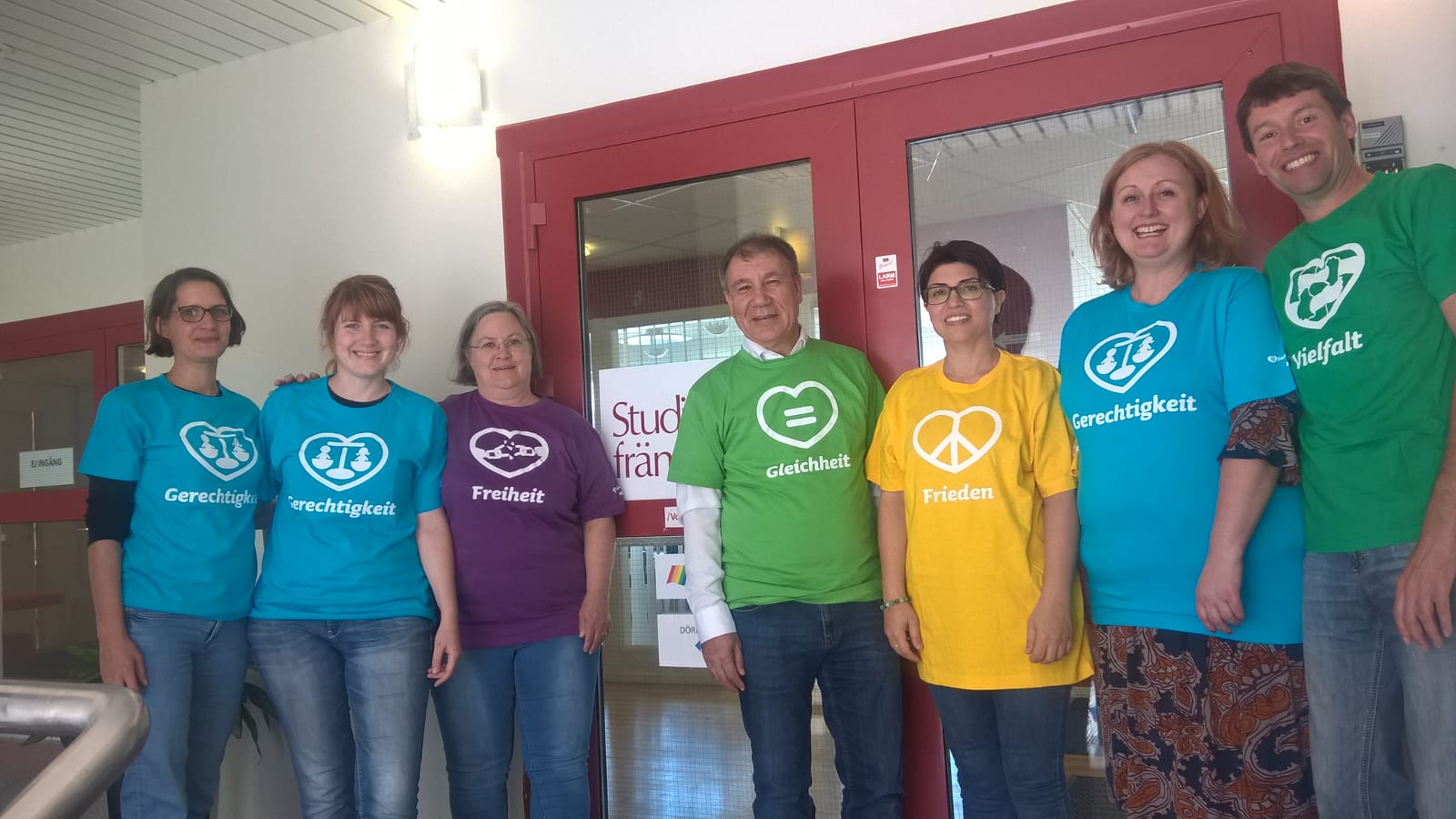
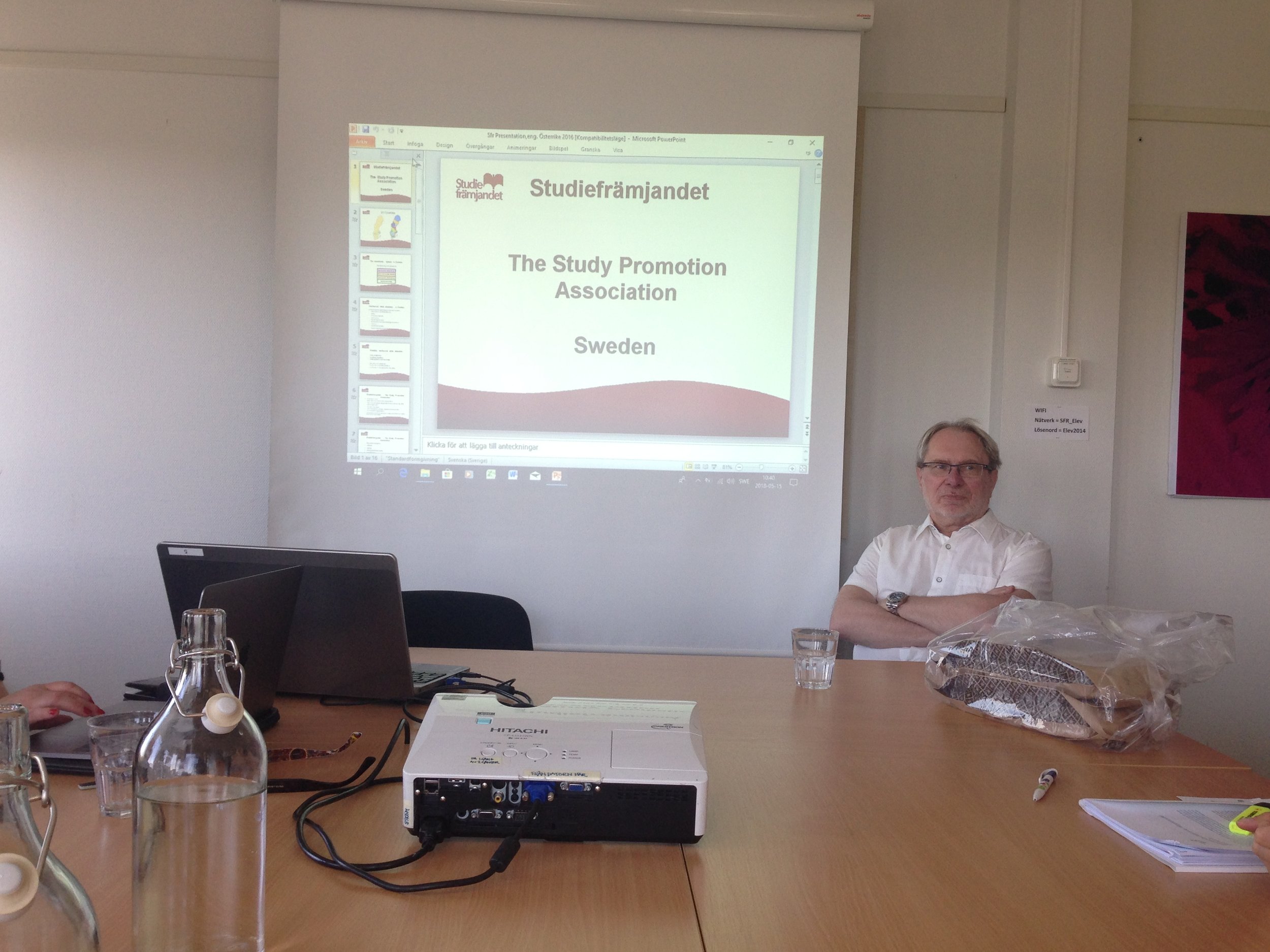
Overview Best Practice Examples
Germany- „Talent Campus“
Sweden- „Alskäde barn“
Austria – „Junior-Kreativ-Werkstatt“
Download
Handbook of the best practices
Migration/Flight and Parental Education in Austria
Flight and Migration in Sweden_2017
Flight and Migration in Turkey_2017
Flight and Migration in Germany_2017
Flight and Migration in Austria_2017
Media
https://vhs-in-hessen.de/Artikel/autowert-cmx5b22685b69acc
http://bayraklihem.meb.k12.tr/icerikler/erasmus-projemizin-isvec-toplantisi_5391882.html
https://www.facebook.com/Kinderfreunde.Muehlviertel/posts/1870486216305573
https://vhs-in-hessen.de/Artikel/autowert-cmx5a0d933e27d79
https://www.facebook.com/Kinderfreunde.Muehlviertel/posts/1635861849768012
http://www.studieframjandet.se/uppsala/Erasmus
http://bayraklihem.meb.k12.tr/icerikler/avrupa-birligi-projemiz_3811029.html
http://bayraklihem.meb.k12.tr/tema/icerikler/avrupa-birligi-projemiz_3196455.html
Newspaper article about the meeting in Germany
https://vhs-in-hessen.de/Artikel/autowert-cmx5a170ecf9aedc
https://vhs-in-hessen.de/Artikel/autowert-cmx5a170d40be7ae
https://hvv.vhs-in-hessen.de/Artikel/autowert-cmx5a170c2a55bb9
http://bayraklihem.meb.k12.tr/icerikler/avrupa-birligi-projemiz_3455346.html
Contact
Coordinator:
Familienakademie Mühlviertel
Gewerbestr. 7
4222 St.Georgen/Gusen
AUSTRIA
Tel.:0043 723 72465
florian.gerard@kinderfreunde.cc
You can also use the following form to contact us:
The European Commission support for the production of this publication does not constitute an endorsement of the contents which reflects the views only of the authors, and the Commission cannot be held responsible for any use which may be made of the information contained therein
